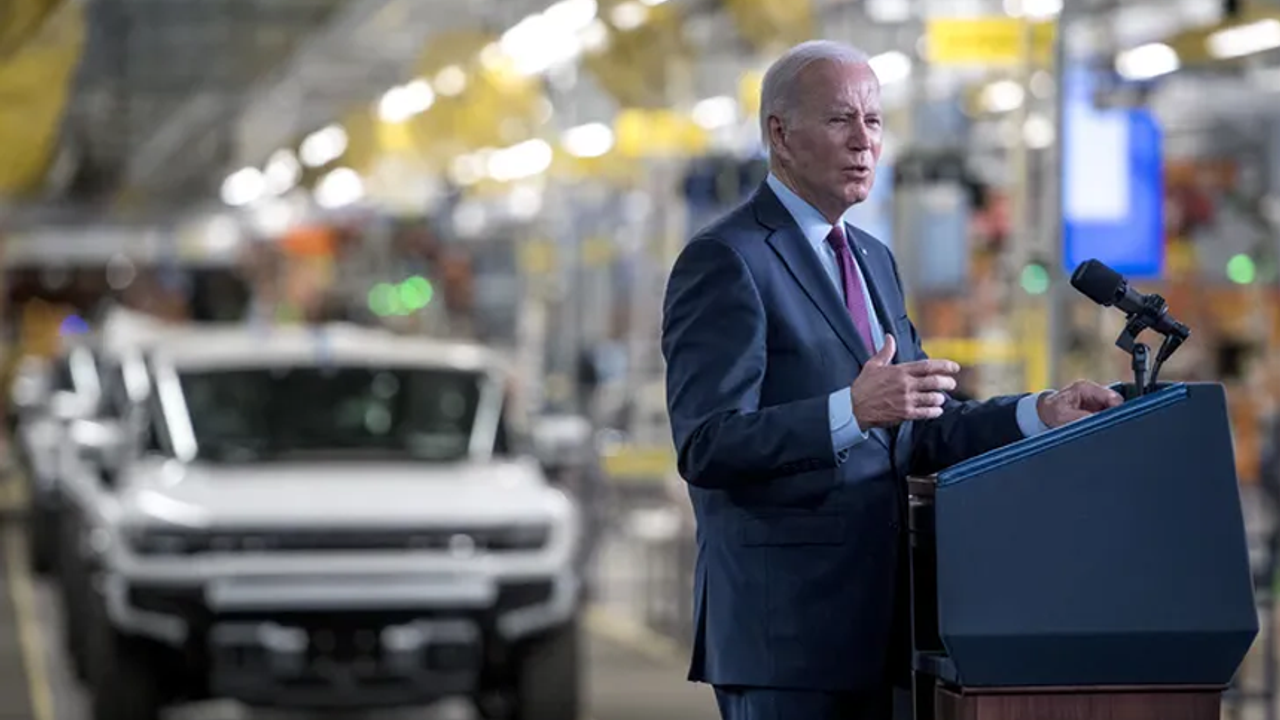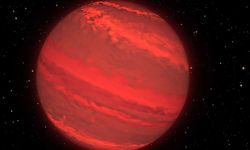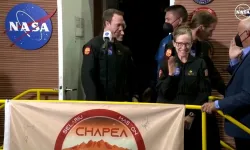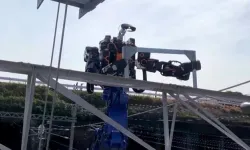The White House wants to get more electric vehicles on the road in the US, so it is providing incentive funds to states. With these funds, some states are creating local rules to bring top-of-the-line technology to charging stations. But what many users want from the government is more charging stations than incentive funds.
For EV owners living in public housing or on the road, it can sometimes be difficult to find charging stations. Rebecca DeWhitt often needs to plug in her vehicle wherever possible.
"There's some melting on this side, right next to the outlet. If we lived in a place where we could plug it into the garage, we would plug it right into the wall, but since that's not the case, this is where we plug it into the extension cord."
The Biden Administration's goal of having half of all new car sales be electric vehicles by 2030 includes building better charging infrastructure. That's why the White House is giving $5 billion to states to help build a national charging network. Texas has received the most money from this plan.
Cameron Freberg, an expert at Austin Energy, says the Texas network will greatly increase EV adoption in a state with a lot of highways between cities.
"You'll see what we call DC fast chargers, stations that can complete a charge in minutes instead of hours, strategically placed throughout the state of Texas. With this kind of system in place, traveling along these major corridors will be much easier," Freberg says.
Tesla sets the industry standard for electric vehicle charging, and now the company is expanding its networks by allowing other automakers to produce adapters for Tesla charging stations. Ford became the first major automaker to join Tesla in May. GM, Mercedes, Volvo and Polestar followed.
Electric Vehicle expert Loren McDonald sees this as a game changer as Tesla has more fast chargers today than the rest of the industry combined.
"If you drive a non-Tesla vehicle, you will now potentially have access to more than double the number of chargers you have access to today. "That's one of the reasons why many of the automakers have agreed to work with Tesla, their competitor," McDonald says.
Strange support for electric vehicles from the White House!
The White House wants to get more electric vehicles on the road in the US, so it is providing incentive funds to states. With these funds, some states are creating local rules to bring top-of-the-line technology to charging stations. But what many users want from the government is more charging stations than incentive funds.
Trending news

Snoop Dogg to carry the Olympic torch

Lily James Expresses Admiration for Hailey Bieber’s Rhode Skincare Line

Taylor Tomlinson Will Explore Her Faith and Sexuality on Tour!

'Alien mummy' in Peru raises eyebrows

Scandal in the heart of Europe: Child abuse in a church!

Kamala Harris’ Running Mate: Here’s Who Could Be Her VP After Biden Drops Out And Endorses Her









